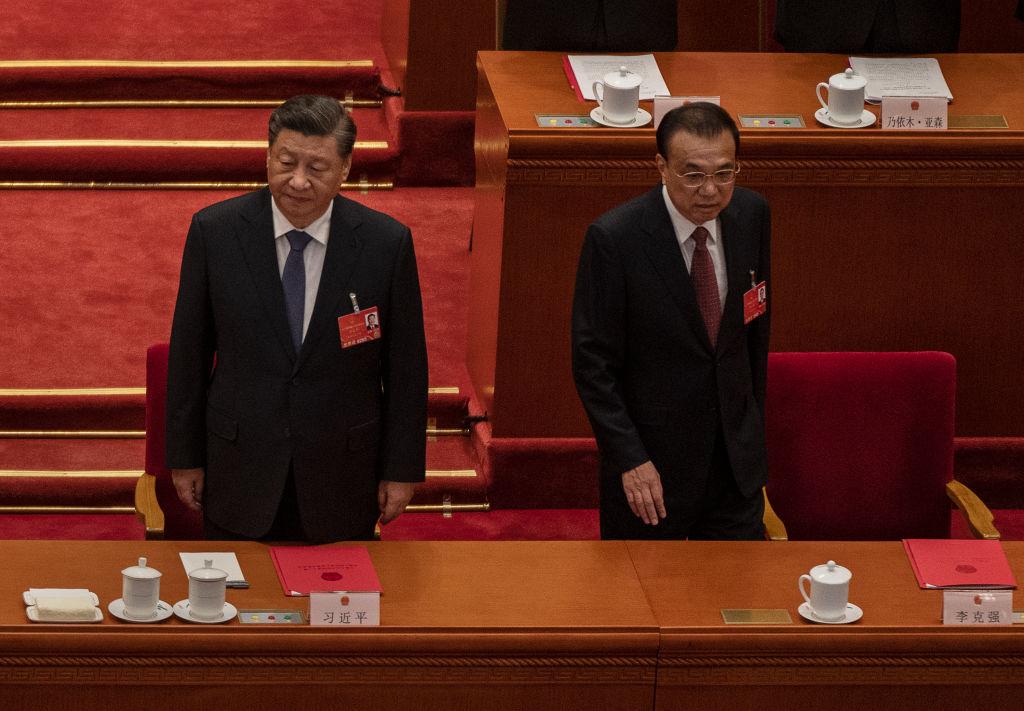The Chinese Communist Party (CCP) has reportedly ordered a ban on spouses and children of its senior officials from holding assets abroad. Failure to do so could prevent the cadre from receiving a promotion within the party. Experts warn that such measures may also apply to Beijing-affiliated officials in Hong Kong in the foreseeable future.
According to a Wall Street Journal (WSJ) report, an internal notice by the CCP’s Central Organization Department outlined a directive prohibiting immediate families of “ministerial-level officials from holding—directly or indirectly—any real estate abroad or shares in entities registered overseas.”





